Research Activities
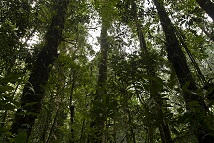 |  | 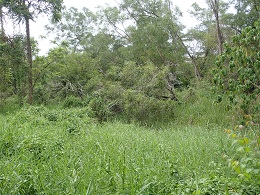 | ||
| Tree diversity and structure: We are exploring if hyperdiverse tree communities in Southeast Asia are stable or experiencing directional shifts. More details here | Wild boar overabundance: Over the last two decades, wild pigs have become overabundant in several of Singapore’s nature parks. New work with Singapore NParks is evaluating their population dynamics and densities, and how high pig densities impact on natural plant communities and forest ecosystem functioning. | Invasive plants: Most work on non-native plants focuses on temperate and remote island ecosystems, and much remains unknown about the non-native species impacts in the tropics. In addition to work on invasive trees in New Zealand, we are now exploring biological invasions in secondary forests in Singapore. | ||
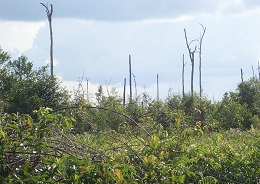 | 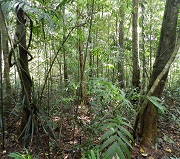 |  | ||
Restoration of SE Asian peat-swamp forests: We are exploring aboveground - belowground linkages, and ecology of peatland plant species in peat swamp ecosystems to understand whether and how the functioning of de-vegetated and degraded peatlands can be restored. | Nutrient limitation in tropical forests: Despite the high primary productivity and biodiversity of tropical forests, they are often found on some of most nutrient depleted soils in the world. We are examining how soil nutrients influence plant and ecosystem processes in contrasting forest dynamics plots, large-scale nutrient addition experiments, and growing house experiments. | Bukit Timah research: Since 1993, NTU and NIE-NTU researchers, together with the Smithsonian Institute, have investigated forest dynamics in the Bukit Timah Nature Reserve. Starting with a study on impacts of fragmentation and defaunation, the project now includes carbon dynamics, phylogenetics and genomics, and microbial diversity, More details here. | ||
 |  | 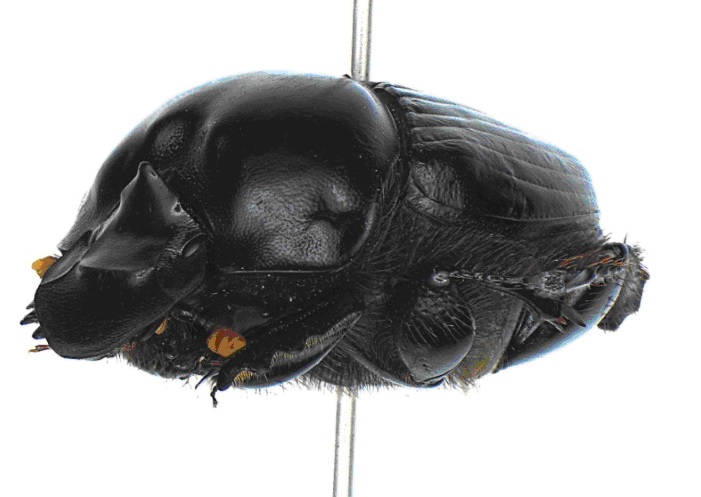 | ||
Genomics of Singapore plants: For its small size and highly urbanised environment, Singapore still has a highly diverse plant community in its remaining forest reserves. Together with the Singapore Botanic Gardens, University at Buffalo (New York State) and the NTU School of Biological Sciences, we are examining the relationships between plant genomics and their physical and chemical traits. | Habitat Fragmentation and Connectivity: We are interested in the landscape-scale implications of fragmentation, and how species use fragmented forest patches and connectivity 'corridors' to disperse and move across human-modified landscapes. We use surveys and experiments to gain a mechanistic understanding of ecological interactions in fragmented forest and urban landscapes. More details here. | Southeast Asian Dung Beetles: Dung beetles are an ecologically important insect taxa providing many ecosystem functions and services. We are using an integrative approach combining ecological, molecular, and evolutionary methods to document the impacts of land-use and climate change on the dung beetles of Southeast Asia. We are also building the first interaction networks linking dung beetles and mammals and investigating how these networks change across urban and forest land-use gradients |
